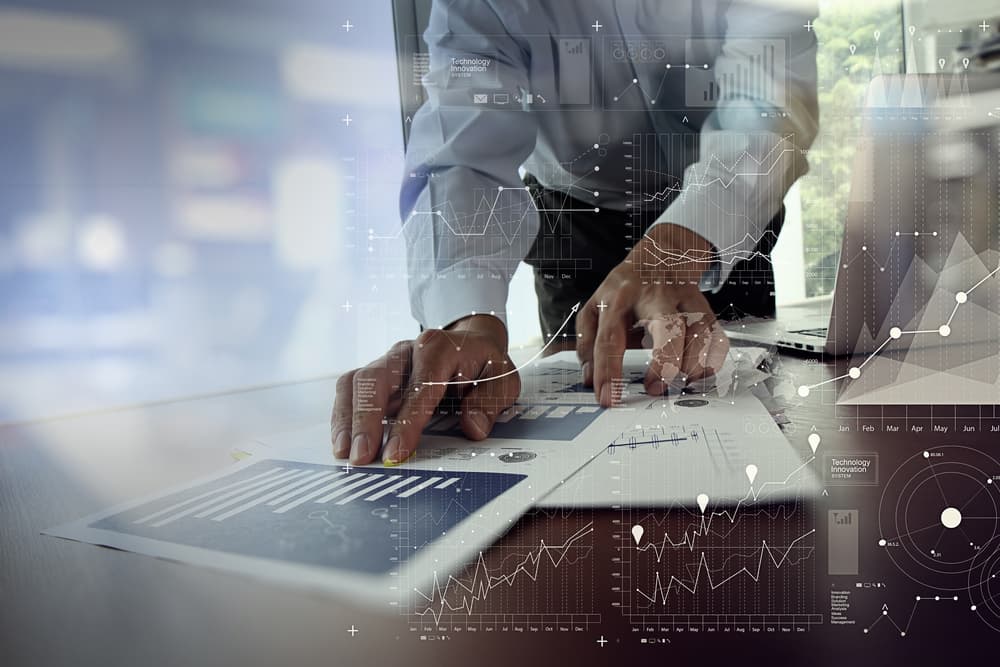There are now five generations in the workforce. The top four (in terms of population numbers) are the Baby Boomers, Generation X, Millennials and Generation Z. It’s worth noting right now that there are more Millennials than there ever were Baby Boomers. The Baby Boomers and Millennials also represent the widest differences in work styles.
According to a recent report by Raconteur, 40% of Baby Boomers prefer to communicate in person, 35% prefer communicating by email and 13% by telephone. For Millennials, 33% prefer communication by email, 31% prefer communication in person and 12% prefer communication by chat. Note that chat wasn’t even in the list of preferred communication methods by Baby Boomers.
What is a Millennial and What is a Baby Boomer?
Millennials are defined by Strauss and Howe (Millennials Rising: The Next Great Generation) as those born between 1982 and 2004. A Baby Boomer is defined as an individual born between 1946 and 1964.
What is the Millennial Work Style?
Millennials embrace the group input dynamic, and they feel that every opinion matters. If there was ever a generation that believes in “the more the merrier,” it’s Millennials. They basically invented the concept of the “crowdsourcing.” Millennials figured out early on that many hands (and heads) make light work. Now we have a whole host of companies dedicated to taking advantage of many sources of thought, skill and labor from around the globe. We have crowdfunding, crowdtasking and crowd ideas that are used to create cohesive wholes. If you really, really like to work in groups, the Millennials have a spot for you. Millennials also came up with the shared workspace dynamic that is so popular right now with startups that have limited budgets. In the shared workspace — which is often just one giant room — many different businesses share commonly needed admin resources like a receptionist and printers.
Millennials were brought up with devices. For them, it’s only natural to use the technology that’s available in order to make life more social and to make work easier. As a result, Millennials are extremely attached to their devices. So attached, in fact, that they’ve practically demanded that they be allowed to use personal devices to conduct their job. Hence the acronym, BYOD (Bring Your Own Device). Companies who disallow PDs (Personal Devices) are considered old school and stiff, and Millennials will frequently turn down a job at a company if they detect cobwebs in the executive mindset. Their perceived apathy in the workforce is really just their refusal to work harder when technology can make everything easier and faster. Don’t forget that Millennials are the ones actually doing the work right now keeping Microsoft and Apple companies running the technology of the globe.
What is the Baby Boomer Work Style?
Baby Boomers thrive in work environments that utilize the old standbys like fax machines, conference rooms and individual offices — right down to the water cooler in the corner. They’re more likely to be willing to spend longer on the phone with a client on some chit chat, because they believe that relationships build businesses.
Baby Boomers almost expect to work long hours and sometimes weekends. Their company loyalty goes to the furthest bounds imaginable; Baby Boomers are not job hoppers by any definition. They don’t use social media during work hours, and they’re more than happy to help out an overworked colleague when necessary. It’s a “no-man-left-behind world” in the Baby Boomer’s mind.
It’s clear that every generation will approach work differently, but every generation also has a lot to offer companies. Employers who strive to understand generational differences in the workplace are likely to witness levels of camaraderie and productivity that any company would be proud of.
If you need help attracting and managing the right employees for your business, we can help. Contact us today to find out how Employer Flexible can help your organization.





